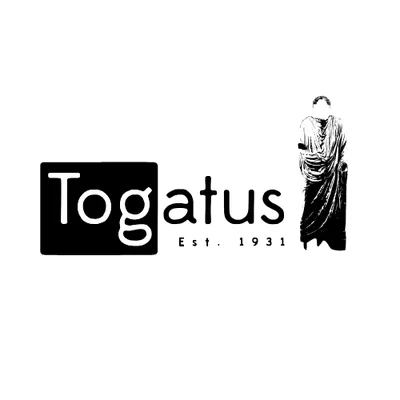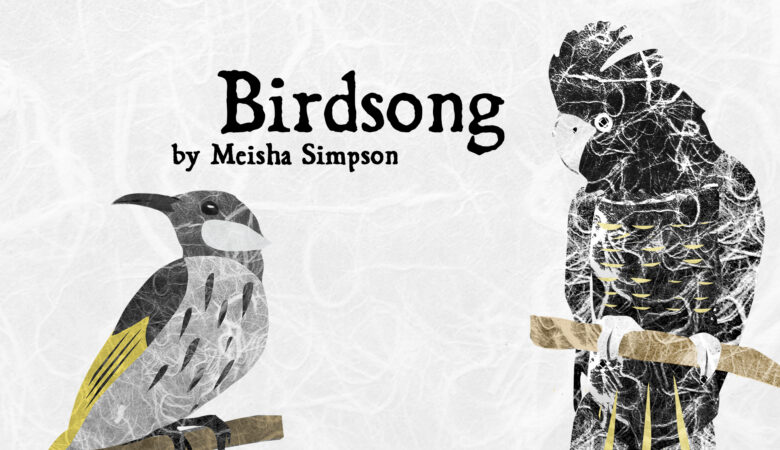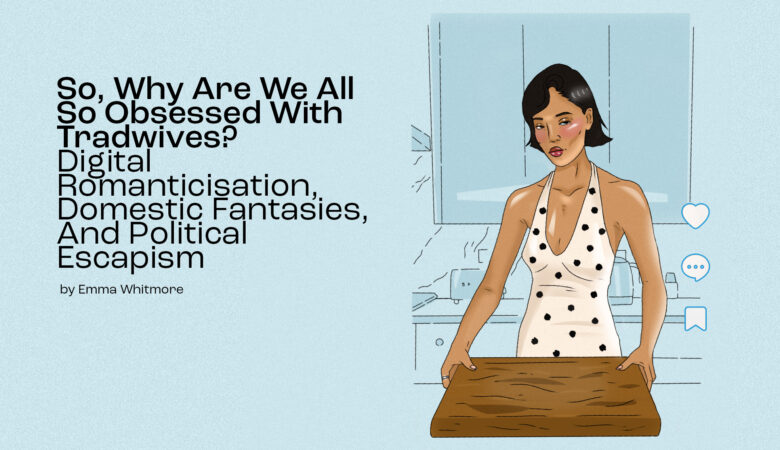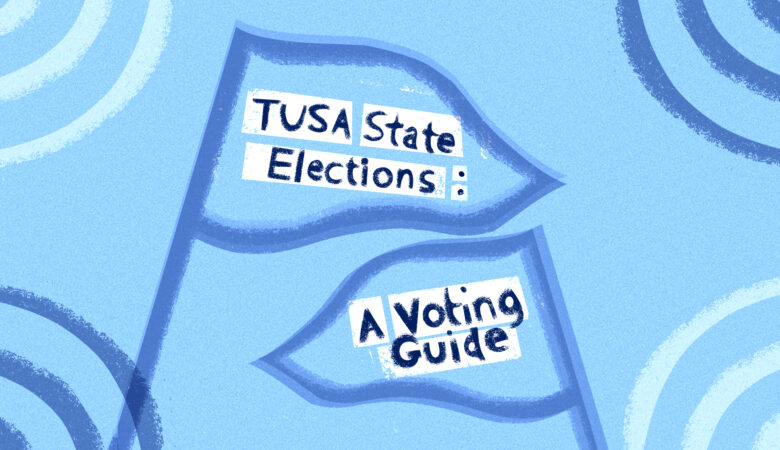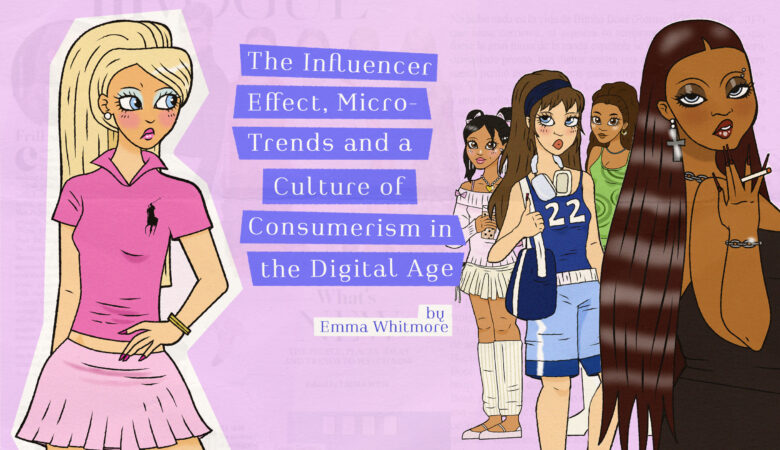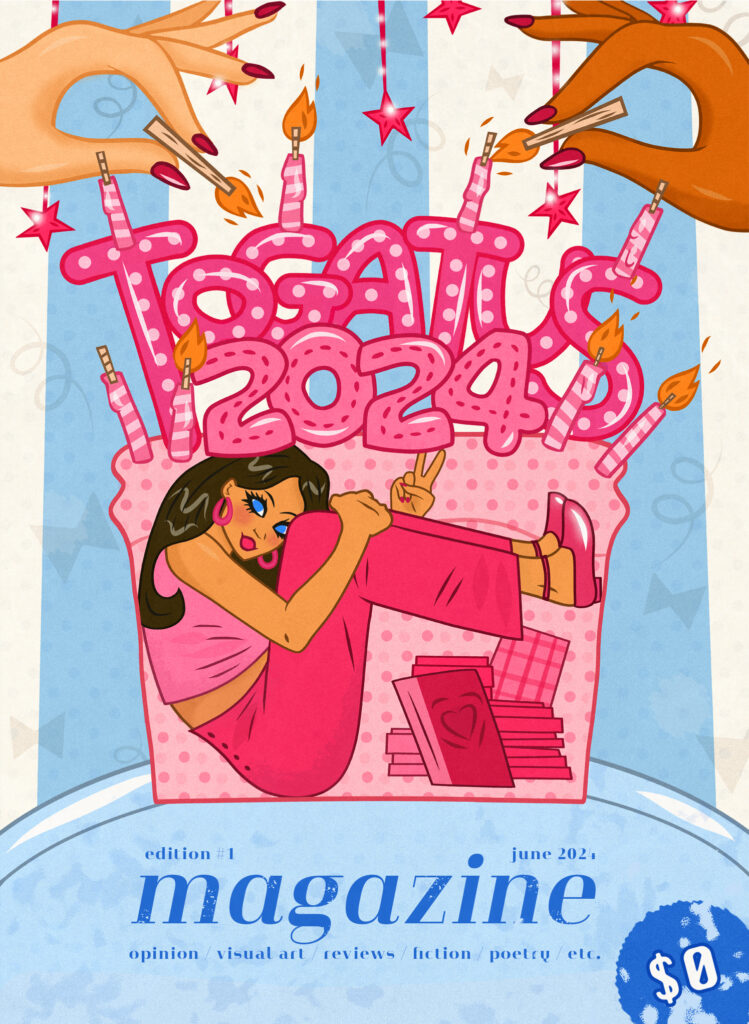Following a debate about the lack of diversity in Australian Musical theatre, one of the most prestigious theatre scholarships in Australia has cancelled their 2020 prize.
The Rob Guest Endowment is one of Australia’s most sought-after prizes for performers. The prize awards the winner $50,000 for professional development in musical theatre. For over a decade, a winner has been chosen from a pool of 30 finalists between the ages of 18-25. Past winners have used the prize to travel and have been given the opportunity to learn from the world’s best performers.
However, when the Endowment released its 30 semi-finalists in August, the announcement was met with criticism across social media, with many performers disappointed with the selection of a uniformly white cohort, causing some performers to accuse the Endowment of a lack of racial diversity.
Naarah Barnes, an Indigenous Musical theatre performer and UTAS graduate, told Togatus, “I think since Black Lives Matter has been such a big revolution in many industries, theatre being one of them, people are standing up and saying, ‘hey, this isn’t good enough.’”
Shortly after the announcement amongst the storm of criticism, the Rob Guest Endowment leadership committee released a statement on their website. The committee stated that while the 2020 Endowment failed to attract many entries from diverse backgrounds, it acknowledged that the committee should have done more to ensure diversity.
The committee denied any racial bias in the selection process, stating on social media that “the only metric considered by our judging panel was talent. They did not consider race, colour, religion or gender.”
These statements did little to quiet the outcry, as criticism continued to escalate. Naarah went on to say, “there’s obviously a flaw in the system here. Something’s not going right. People who are BIPOC [black, Indigenous and people of colour] clearly aren’t encouraged to apply, because obviously none of them applied.”
As outrage over the results reached a fever pitch, it was announced in September that the Endowment for 2020 would be cancelled, and the scholarship grant suspended until 2022. In another statement released via their website, the committee said that they were “particularly concerned for the mental health and welfare” of the semi-finalists, alleging that the finalists were victims of “bullying and intimidation” following online criticism.
The former semi-finalists released their own collective statement shortly after.
“We categorically refute any claim or insinuation made by the Endowment, or any others, that the competition had to be cancelled in order to protect us from the EDC (Equity and Diversity Committee), or the POC (people of colour) and First nations members of our industry.”
The semi-finalists said that they had sought assistance from the diversity committee of the MEAA’s (the Media, Entertainment and Arts Alliance) Equity branch. From conversations with the union “and through our own volition,” the semi-finalists had unanimously decided to withdraw from the competition. In their statement, they said the reason behind this collective walk-out was “to prevent our colleagues from further trauma, to de-centre ourselves and amplify first nations and POC voices.” The timing of the cancellation prevented them from enacting the mass walkout.
Following the cancellation of the prize, BIPOC performers from around the country rallied to create a song called ‘I Need You To See Me.’ Over 100 performers came together to record the song and film a music video.
Composed by prominent POC singer, composer and performer Vidya Makan, Makan says that the song isn’t about the Endowment. She told The Guardian, “this isn’t a new conversation, it’s always existed. But in the midst of current events, I wanted to change the focus of the conversation. I wanted it to be about championing these voices.”
